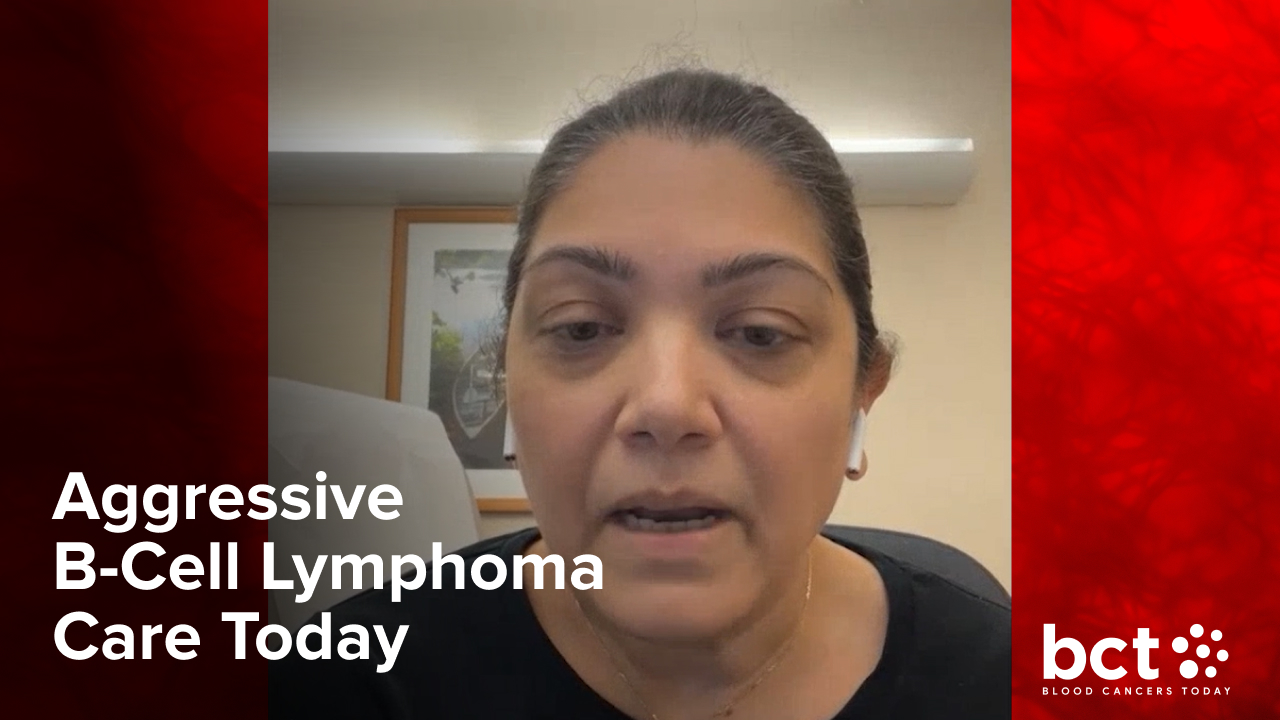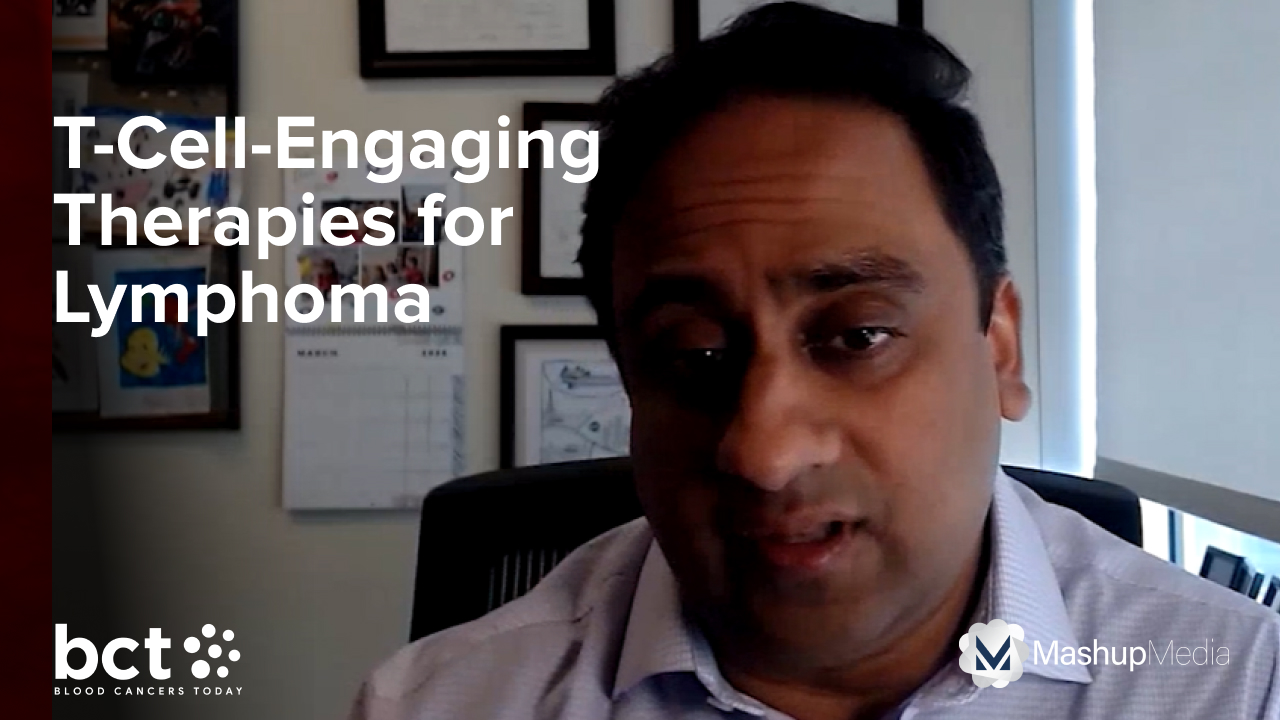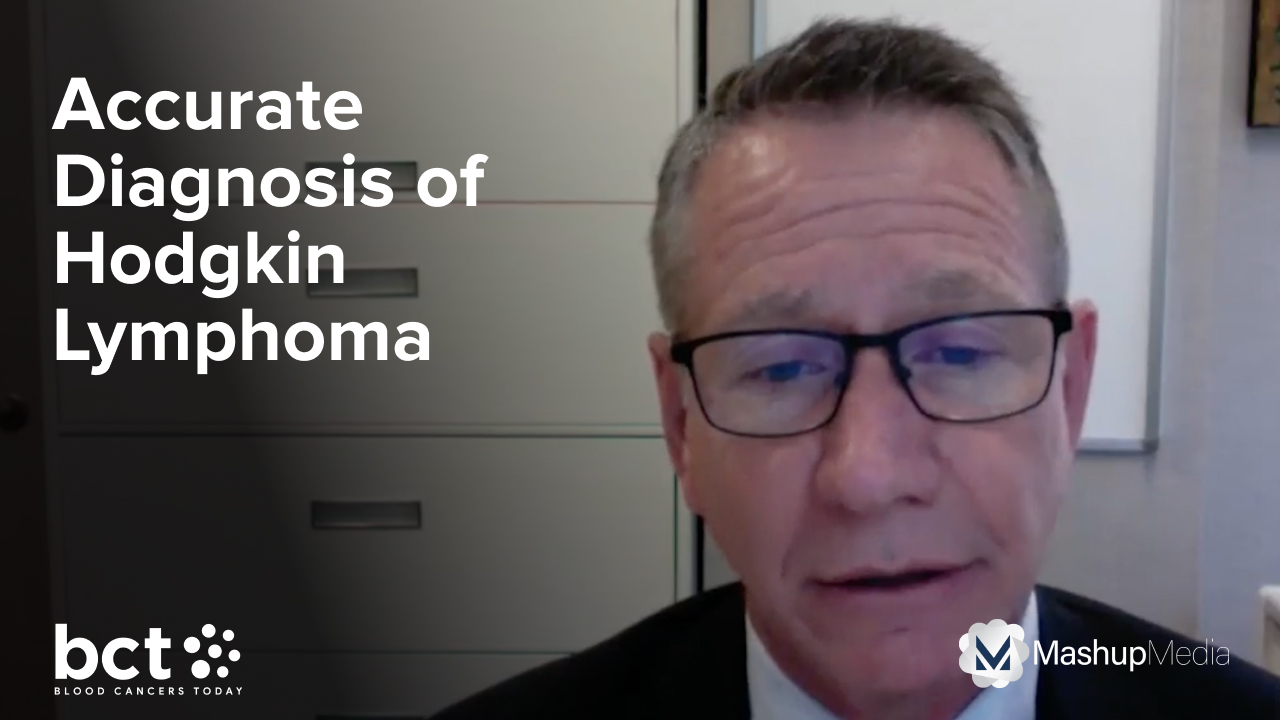Natalie Köhler, PhD, on Using hBD-2 to Prevent Acute GVHD
By Cecilia Brown, Natalie Köhler, PhD - Last Updated: March 13, 2023Natalie Köhler, PhD, of the Cluster of Excellence CIBSS of the University of Freiburg and the University Medical Center Freiburg, discusses her research on using hBD-2 to prevent acute graft-versus-host disease (GVHD) in mice and its implications for patients with hematologic malignancies who need an allogeneic hemopoietic stem-cell transplant.
Dr. Köhler said the rationale behind the project was based on a clinical finding in patients with acute gastrointestinal GVHD, noting that hBD-2 is an “inducible defensin which is known to be normally upregulated in response to proinflammatory stimuli and inflammation.”
“In line with this, it has already been described that hBD-2 is upregulated in the colon of patients with ulcerative colitis and other inflammatory diseases,” she said. “However, what we found then in patients with acute GVHD was hBD-2 expression in the colon was not induced and was as low as in healthy controls.”
In mouse models, they found hBD-2 impacts neutrophils and allogeneic T cells, which are “two major cell populations that are important players in the pathogenesis of acute GVHD,” Dr. Köhler said.
“We found that the recruitment of neutrophils to the ileum of the mice early after transplantation was reduced by hBD-2 treatment, and we found that this effect was microbiome dependent,” she said. “Secondly, we could show that hBD-2 reduced the infiltration of the intestine with allogeneic T cells, which are the major drivers of acute GVHD. Using different in vitro T-cell simulation models, we then found hBD-2 actually had direct effects on T cells and reduced T-cell receptor signaling, which resulted in reduced T-cell activation. Also, cytokine production and T-cell metabolism were reduced.”
Dr. Köhler and colleagues tested prophylactic oral administration of hBD-2 in a mouse model of allogeneic HSCT, which showed promising results.
“I think that it is remarkable that the prophylactic oral administration of this defensin alone had such a strong effect on GVHD severity and survival of the mice undergoing allogenic HSCT,” she said. “The survival benefit was even stronger than with cyclosporine A prophylaxis. We think that this is due to the fact that hBD-2 modulates acute GVHD at multiple different levels, including the intestinal microbiome, the neutrophils, and T cell activation.”
Based on these preclinical results, Dr. Köhler and colleagues are looking forward to the next steps with the research, which they believe will have clinical implications for patients with hematologic malignancies who must undergo allogeneic HSCT.
“The company that we’re working with is currently working on establishing the [Good Manufacturing Practices] production of hBD-2, so that it can then be tested in clinical trials in the future in patients that undergo allogeneic HSCT,” she said, noting that hBD-2 will “hopefully be able to reduce GVHD occurrence and severity in those patients.”






 © 2025 Mashup Media, LLC, a Formedics Property. All Rights Reserved.
© 2025 Mashup Media, LLC, a Formedics Property. All Rights Reserved.